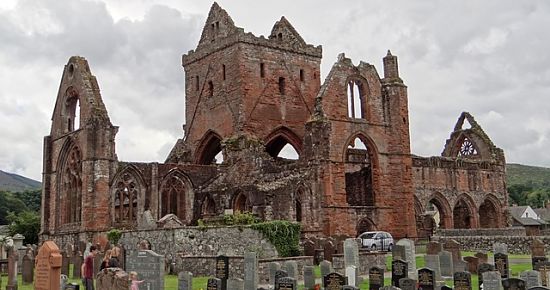Kevin Hargaden works for http://www.maynoothcommunitychurch.ie a small church in the suburbs of Dublin and is preparing for ordination with the http://www.presbyterianireland.org Presbyterian Church in Ireland. He blogs at http://www.hargaden.com/kevin Creideamh and is a board member of the http://www.ibi.ie IBI.
One of the most interesting aspects of observing the uprising in Egypt last year from Dublin was the way in which the Egyptian Christians of the Coptic Church (a stream of the church that split off from Catholicism after their refusal to adhere to the Council of Chalcedon in 451CE) sought to contribute to peace. In the face of some considerable persecution, Coptic Christians, who make up about 10% of the population, did not withdraw from the public square.
Kevin’s questions: The first is how does the Coptic selection process affect our theological understanding of leadership? The second is what kind of practices would local churches have to foster to be able to trust such momentous decisions to a blindfolded 7 year old? Could you trust this process in your group?
Last month, the Coptic Church’s leader, Pope Shenouda III died. The process that the Coptic Church is now initiating, after observing a 40-day mourning period to find a replacement, the 118th successor to the Gospel author Mark, who it is claimed founded the church, is one that might seem bizarre to Western evangelical Christians. 74 bishops and 12 respected lay people will constitute the synod that selects three candidates who are over 40, have never been married and who have been monks for at least 15 years. That process may take months but when it is finalised, the church meets for mass, shares communion and then they will select a child from their midst. The child will be blindfolded. They will put their hand into a silver urn carrying three pieces of paper bearing the names of the candidates. The name that the child selects will become the next Coptic Pope.
This system, very different from how a typical church in America (or indeed here in Ireland) goes about selecting leadership was last revised as recently as 1957. We might all too easily slip into attributing this process to the curiosity of ancient traditions maintained too long but that would be a profound mistake. The aim of the Coptic Church in allowing the selection of their supreme leader to fall into the hands of a child below the age of reason is that no one can forget that it is God and not men who raise up our shepherds.
As against simply enjoying the exotic peculiarities of other cultures, I think the Coptics raise two questions for how we live as Christians here in the West. The first is how does the Coptic selection process affect our theological understanding of leadership? The second is what kind of practices would local churches have to foster to be able to trust such momentous decisions to a blindfolded 7 year old?











